In this day and age, having your private, personal data stolen is easier than ever. Cyber thieves are getting smarter, but the best NAS case will prevent them from accessing what’s yours.
Not only meant for security, a NAS case is a great way to access your personal data from anywhere. This is ideal for business meetings, or when you just need to get something from your home PC while you’re away.
- BEST NAS CASE OVERALL: Cooler Master HAF XB EVO
- BEST BUDGET NAS CASE: Fractal Design Node 804
- BEST SMALL FACTOR NAS CASE: SilverStone Technology Premium DS380B
Stick around and you’ll learn just what these ingenious cases can do for you and your personal data. I’ll also share with you the best models in the industry to make your quest for security easier.
Favorite NAS Cases Comparison
| IMAGE | PRODUCT | DETAILS | |
|---|---|---|---|
BEST NAS CASE OVERALL | Cooler Master HAF XB EVO |
| VIEW ON AMAZON → |
BEST BUDGET NAS CASE | Fractal Design Node 804 |
| VIEW ON AMAZON → |
SMALL FACTOR NAS CASE | SilverStone Technology Premium DS380B |
| VIEW ON AMAZON → |
What to Look For in a NAS Case?
When putting together your own NAS case, there are some important factors you want to consider before plunking down your hard-earned money.
I’m going to share with you what those factors are so you’re better-prepared to buy the NAS case of your dreams; or at least one that serves your needs well.
Storage
The amount of available drive bays is going to likely be the most important. The more drive space, the more storage you’ll have at your disposal. Now, with that being said, you want to ensure that its configuration suits your needs, as well.
By that I’m referring to the available bays. A 4-bay model, for example, could net you a bigger return on capacity depending on the types of drives you’re using.
Ethernet Connection
Secondly, you need to be mindful of the case’s Ethernet capabilities. Most standard cases are equipped with 1 Gigabit Ethernet connections. There are, however, premium models that boast 10-Gigabit variants.
As great as that speed is, there aren’t many PCs that currently support it. So unless you’re one of the few who can take advantage of it, don’t waste your money on a needless feature that you won’t be able to use.
RAM Matters
Memory is also going to be important depending on what you’re needing your NAS case to do. The more RAM it has, the better it will be able to perform. This can play a big role in data encryption, so make sure it’s capable of supporting the amount you need.
You’ll also want to apply some progressive thinking. Just because you don’t require a lot of RAM now, doesn’t mean you won’t need it later.
I’ve found that once you invest in a NAS case, you can’t wait to try out all that it can do. Whether that’s more storage space or adding better security, it’s a good idea to think big from the start. You’ll be glad that you did.
CPU Considerations
And that brings us to the CPU. By and large, it isn’t going to matter much to the NAS case as to what kind of CPU you stick in there. As long as it’s able to deliver on your needs and data encryption, you shouldn’t have to worry about this too much.
I’ll touch more on this in a moment, but if you plan on letting your CPU handle your encryption, you might want to think about getting a high-quality CPU. Other than that, it shouldn’t matter what type you use.
Hardware Encryption
And speaking of encryption, you’ll want to make doubly sure that your potential NAS case is capable of offering hardware protection IF the data you are storing requires it. This will help to free up precious CPU power by letting the case handle it on its own.
If you decide to encrypt without a standalone feature, you’ll be putting more load onto your CPU. This is where it pays to invest in a quality CPU. You don’t want your main source of operation to take an unnecessary hit when you could have avoided it.
Transcoding Hardware
If you plan on using your NAS case to host media files and resources for streaming on another device, this is important. You’ll be able to convert much faster this way, saving you time in the process.
This is also a great way to free up resources, as the program will get rid of the parent data after it has been streamed to its source or sources.
RAID Support
If you’re investing in a NAS case that uses more than one drive, you’re looking at a RAID system. Whether it’s a NAS case 8 bay, NAS case 4 bay. Any of those are going to be using RAID.
If this is something you want to have full control over, check to ensure your NAS case offers custom configuration options pertaining to RAID.
Best NAS Case Reviews
Upon first getting my hands on the HAF XB EVO, I couldn’t get over how sleek and stylish it looks. This is one well-built piece of hardware, let me tell you. It has all the aesthetically pleasing lines and contours found in a video game console.
And yet it exudes a cautionary personality that is sure to deter would-be thieves and hackers. Cooler Master deserves all the praise for developing such a fine-looking NAS case.
Inside, things get even better. The clever use of space makes it easy to work with your drives and components without causing aggravation. And that’s what’s so great about the design setup.
Newbies will appreciate its ease of use. Everything goes where it’s designed without any trouble. It’s built for efficiency, and it does exactly what it promises: it safely houses your hardware in a tough, durable box.
Conversely, professionals will have an absolute field day with the HAF XB EVO. The side and top panels uncover a treasure trove of workspace, making overclocking a breeze to encounter.
Cooler Master HAF XB EVO | Header |
|---|---|
Dimensions | 16.7 x 17.4 x 13 inches |
Expansion slots | 7 |
3.5" bays | 4 |
2.5" bays | 4 |
5.25" bays | 2 |
Volume | 38.2 liters |
On the front of the unit, you’ll find a gaggle of audio ports and an I/O panel. Cooler Master equipped the HAF XB EVO with no less than 2 fans. I really appreciate the location and size of these.
They do a commendable job of keeping air flowing. And when it comes to NAS cases, that’s an absolute must.
What’s even more surprising is the price. You’d expect to pay an arm and a leg for a case of this caliber, but not so with the HAF XB EVO. No sir, this premium case is actually quite affordable when compared to a lot of the competition.
Bravo, Cooler Master. You have successfully designed the best NAS case that can be used by both newcomers and veterans.
If you see this one out in the wild at a good price, pick it up. Believe me, you’ll be glad that you did.
Pros
Cons
Conclusion:
Fractal Design Node 804 | Header |
|---|---|
Dimensions | 13.5 x 12.1 x 15.3 inches |
PSU limit | ATX NAS case |
3.5" bays | 8 |
2.5" bays | 2 |
2.5" & 3.5" (chassis) | 2 |
Volume | ~40 liters |
I really appreciate the aesthetics of this case. It’s a beauty to look at, featuring steel and aluminum construction with mesh toward the bottom. This isn’t a micro ATX NAS case by any means. So if you need space, this is the unit for you.
You get plenty of ports at the ready. On the front of the unit, you’ll find two USB ports, as well as a headphone jack. There’s even an optical out for better sound versatility.
With this 12 bay NAS case, you have plenty of storage options just waiting to be filled. At a little over 40 liters, there’s a ton of space inside for other components.
Underneath the case’s top cover are two fan mounts for cooling. I like the positioning of these, as well as everything else, for that matter. Fractal Design did a splendid job of ensuring you have an easy time filling this thing up.
One of the big additions I like is that of a chambered interior. This helps to separate heat better, adding to the overall safety of the case. One side accepts the motherboard, while the other houses the ATX power supply.
Fractal Design made sure there was plenty of room for components, but I’m a little torn on the cable management. There are occasions where they are really difficult to get to. You may find yourself playing Tetris with your hard drives until you get everything in where you want it properly.
It’s a small gripe, to be sure. This is an exceptional box that serves its purpose well. It looks great, and it’s made of premium materials that are sure to hold up well over the years.
I found very little plastic, actually. The majority is steel, and the parts that are aluminum are done in a tasteful way.
There are a total of 3 fans, each positioned for optimal cooling. Everything about this unit screams efficiency. And for that, I can easily overlook the occasional wrestling match with the cables.
Pros
Cons
Conclusion:
SilverStone Technology Premium DS380B | Header |
|---|---|
Dimensions | 11.22" x 8.31" x 14.17" |
PSU limit | SFX-L |
3.5" bays | 8 hot swaps |
2.5" bays | 4 |
CPU cooler limit | 57mm |
Volume | 21.3 liters |
It’s all about storage here, and boy, does this NAST ITX case deliver. As small as the unit is, you can fit no less than 12 hard drives in it! I’m a big fan of the optional cage removal. This frees up room for other important components of your choosing.
As you likely noticed from the specs above, 8 of the drives are hot swappable. These are the 3.5-inch variants that install at the front. The other 4 of the remaining 12 are installed at the rear. These are for 2.5-inch drives.
I absolutely love the heavy-duty construction that SilverStone employed here. You’re getting a solid, beefy steel box with brushed aluminum face. It looks just as stunning as it is sturdy.
And that’s one of the biggest commendations that I have for this unit. It looks rather small, and in reality it kind of is. But the interior is designed in a way that holds a surprisingly large amount of real estate.
This goes a long way in providing both convenience and efficiency. It’s a lot easier to move around thanks to this design. And yet it’s tough and has plenty of longevity to it. The steel construction isn’t cheap, either. It feels just as tough as you’d expect it to be.
As a hot swap NAS case, I found drive removal to be quick and effortless. There are a couple of tabs that need a gentle squeezing, and presto, the drive in question slides right out. It’s simple yet effective.
What’s interesting is that the DS380B is designed to double as a PC case. It can easily be used as either without breaking a sweat.
Pros
Cons
Conclusion:
What Is a NAS Case Exactly?
Short for Network Attached Storage, NAS cases work just like a virtual cloud service that you find with Google Drive or Apple iCloud. Why is this a thing? Simply put, with data theft at an all-time high, you can’t be too careful in protecting your private, personal data.
An actual NAS case is essentially a big (often) metal box that houses a collection of hard drives. Think of it as a mini Fortress of Solitude for your personal information. As such, your home devices like tablets and laptops would be the crystals that tap into the fortress’s vast network of information.
If you’re familiar with college networking systems, then you know how a NAS functions. It’s a great way to keep out prying eyes, as only those you allow may use your NAS case.
There are other uses for these ingenious systems, as you’ll soon discover. But before we get to that, I’d like to talk about some of the benefits NAS cases have over popular cloud services.
We’ll look at some other areas together, as well. You’ll soon be well-versed in the world of NAS cases and ready to embark on your own journey into protecting your home and personal data.
NAS vs Cloud Storage
Both NAS and cloud storage offer file sharing from which you can stream media to the internet. But, which of the two is better? Well, this largely depends on what you’re using it for.
If you’re a big tech company that needs to keep in contact with a large staff of employees who don’t all work under the same roof, cloud is ideal. You can share your company’s documentation, programs, media, etc. to one another without much hassle.
It’s a great way to share IT support throughout your business, as well. If you’re looking to provide a safe and secure network for your home or single office, a NAS case will likely be your best bet.
You can attach a bevy of personal devices, like laptops and tablets, to access the information you have stored in your NAS case. It’s quick, easy, and effective. Let’s look at a few more aspects of the two to see which one will best serve your needs.
Security
Perhaps the most important reason to use the two, both provide security from outsiders looking to get their digital thieving fingers onto your personal loot. NAS offers a vast assortment of security protocols to prevent theft and unauthorized access to your files.
The only potential problem with this is that you are the one responsible for ensuring your protection is working properly. In essence, you are the IT department if something goes down or acts up.
Thankfully, security is handled really well by NAS, leaving you with less to worry about in terms of operation and performance.
If you’re setting up your own cloud storage, it is prudent that you have a sufficient amount of know-how when it comes to the technical side of its fundamentals.
However, letting a well-established entity like Google or Apple handle these aspects makes things a whole lot easier on the user.
Storage
There are different storage options when it comes to NAS configurations. One system allows you to swap out hard drives and add or remove them for more or less storage. The other works as a set amount. Once you fill it up, that’s it.
Cloud storage, on the other hand, can be expanded with the press of a button (and agreement to pay more for a larger plan). And that’s where we get to the main point of contention among cloud users…
Cost
Yes, you’re going to be paying out the proverbial wazoo when it comes to cloud services. This is more so true when dealing with large amounts of data. Typically a monthly affair, your bill increases as you require more storage.
Take Google Drive, for example. The yearly cost of 1TB of storage will run you roughly $120. For some folks, 1TB is more than enough. But for others, it’s only a drop in the ocean.
You can probably gauge your usage in your head and immediately determine how quickly you’d burn through 1TB of data.
Conversely, with a NAS case, it’s a one-time purchase of the hard drive. When you need more space, simply buy another hard drive. It’s yours, and you do with it whatever you please. And thankfully, the cost of drives continues to drop.
NAS vs External Hard Drive
The differences in storage become even more evident when comparing NAS with an external hard drive. For one, you have access to a lot more storage capabilities and flexibility with NAS. An external hard drive is a limited unit that can’t be upgraded.
One of a NAS case’s biggest advantages is that it can be expanded at your discretion. It’s a breeze to dump the contents of an existing, smaller drive to a new, larger drive.
Another huge plus to owning a NAS case is that there is exceptional protection against drive failure. If you’ve had any amount of experience with external drives, you’ve likely ran into lost data at one time in your life.
A NAS case provides mirrors of your hard drive. So if something goes down, you have a backup at the ready.
Ever wanted to access that external hard drive from another location? Not a chance, right? Well, with NAS, you can remote into it from your allowed devices from afar.
Imagine being on a business meeting or vacation and needing to access an important file on your hard drive. NAS makes that a reality. In seconds to minutes, you can have what you need safely in hand.
Using this same concept, you can likewise stream media that’s been stored on your NAS to your favorite device. You certainly can’t do that with an external hard drive.
Do You Need a NAS Case?
If you have a large amount of data that needs to be readily accessed at any time, a NAS case is going to come in mighty handy.
Another big benefit of NAS is for gamers. Perhaps you have a massive collection of software that you want to have access to or share with others. NAS makes it possible, and easy, at that! You can also use NAS to host private LAN parties with your friends.
NAS Case Features to Consider
Let’s look at some other considerations that might be important to you. These play a big role in the overall life expectancy of the physical NAS case.
Durability
Any NAS case worth its salt is going to be made of durable steel or heavy-duty plastics. While the case itself can last a lifetime if taken care of, the internal components are what you need to worry about.
The typical life of a NAS case is around 5 years. But if you take the time to care for your drives and other parts, you can extend this far beyond its initial life expectancy.
Size & Cooling System
The overall size of the case should be taken into account in relation to its location, as well as the amount of drives you plan on installing. It’s important to keep in mind that the bigger the case, the more room you’ll have for expanding later.
When shopping, you’ll come across a 6 bay NAS case or more. What you choose all depends on your storage needs.
A cooling system is tantamount to the life of your NAS case. With all of the internal components at work, there’s going to be a great deal of heat. If this heat is left unattended to, you’re in for a world of problems.
You could be looking at early drive failure, melting, or even potential fire. Take the time to research what your amount of hard drives required for adequate cooling, and invest in a quality system.
Price & Warranty
Like anything else, you get what you pay for. If you’re serious about protecting your personal and private data, you want to invest in a high-quality NAS case. The good news is that even premium cases are fairly affordable.
The main portion of your investment is going to go toward the internal components. With that being said, you want the case that housing them to be strong and sturdy.
You also want to protect your expensive and invaluable resources, right? It pays to ensure that your NAS case comes with a warranty.
If for any reason the unit fails due to manufacturer defect, you’ll be able to get it serviced or replaced. Some brands even offer data recovery services depending on what products you purchased from them.
You May Also Read:



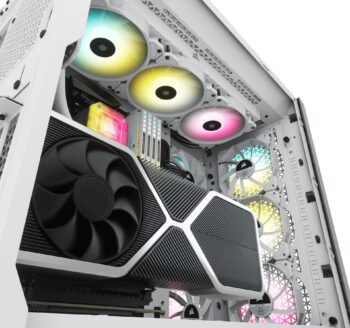
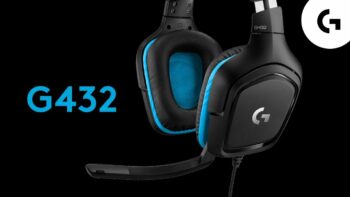

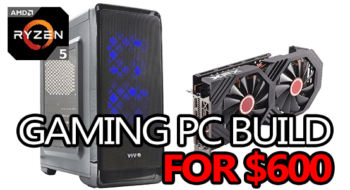
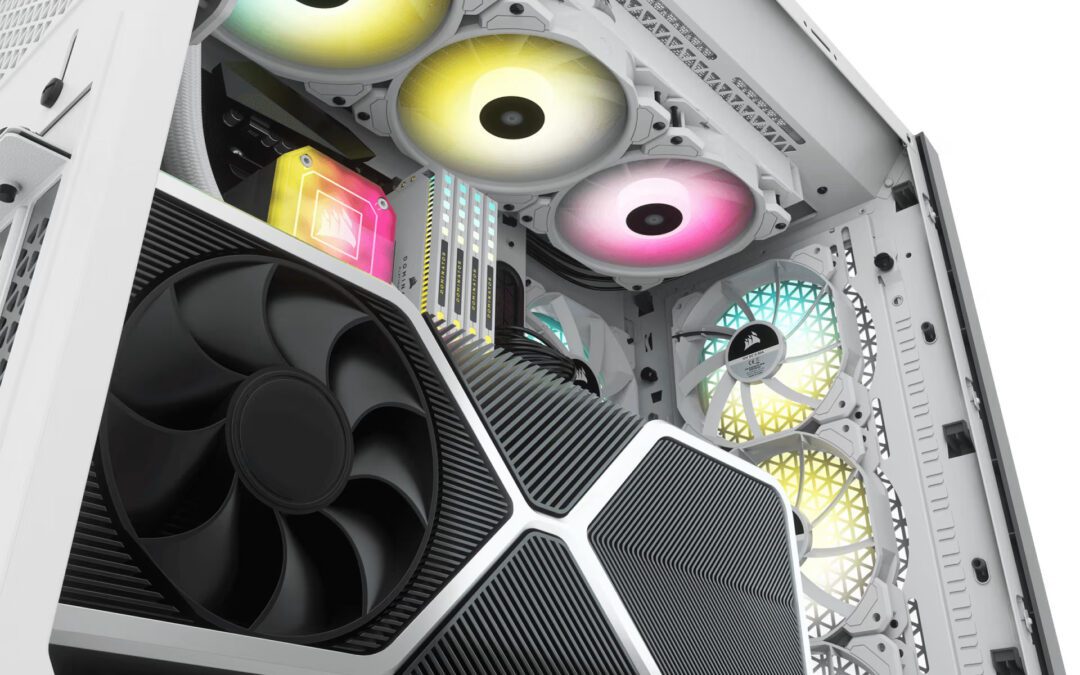
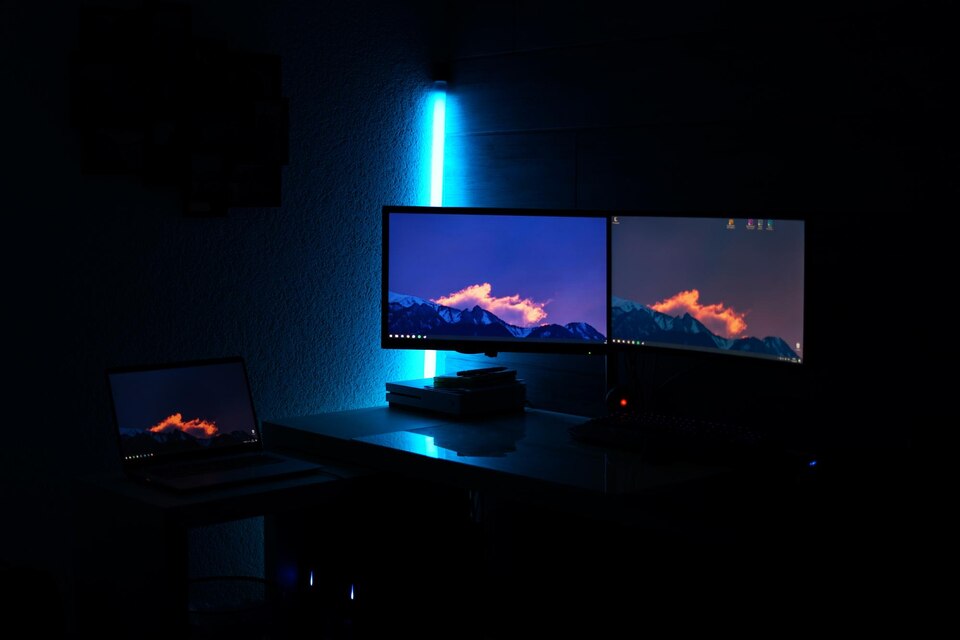
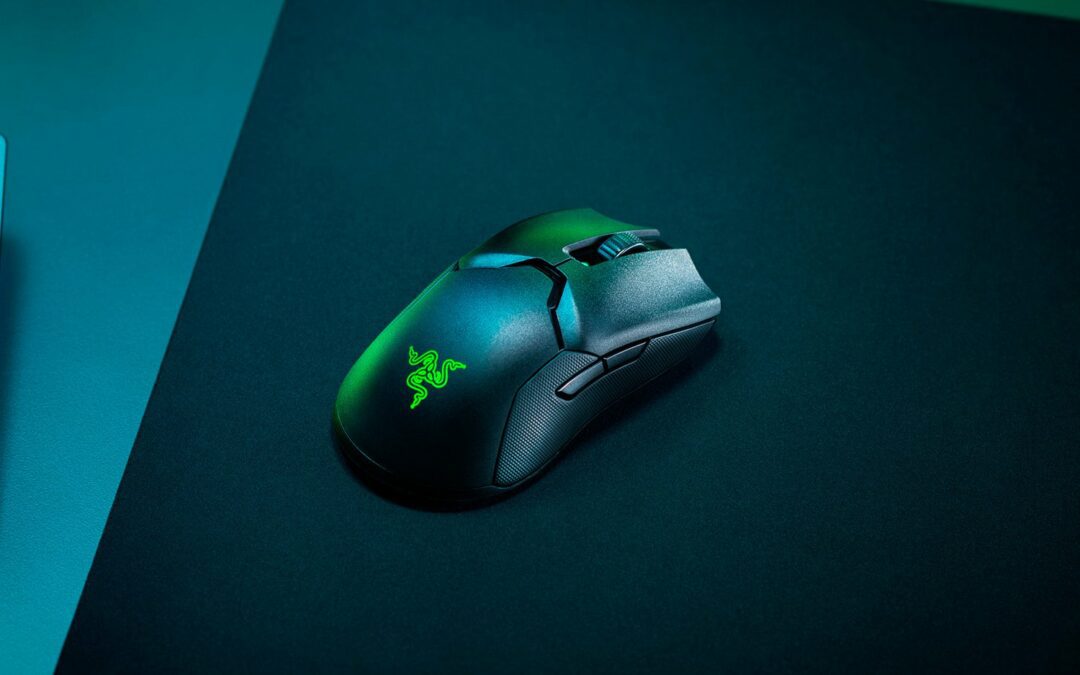
HAF XB EVO best nas case? Really? It is NOT a nas case.